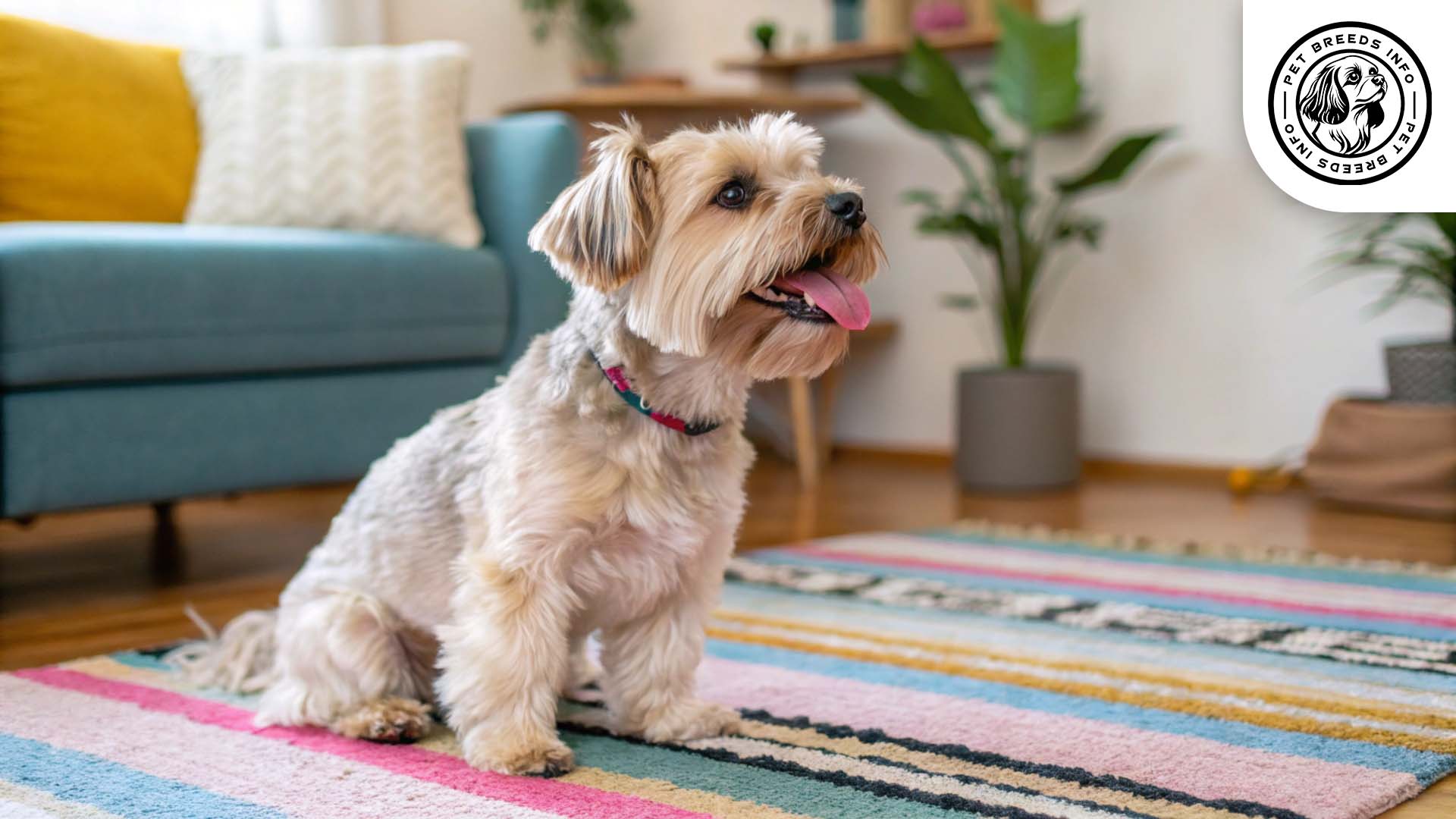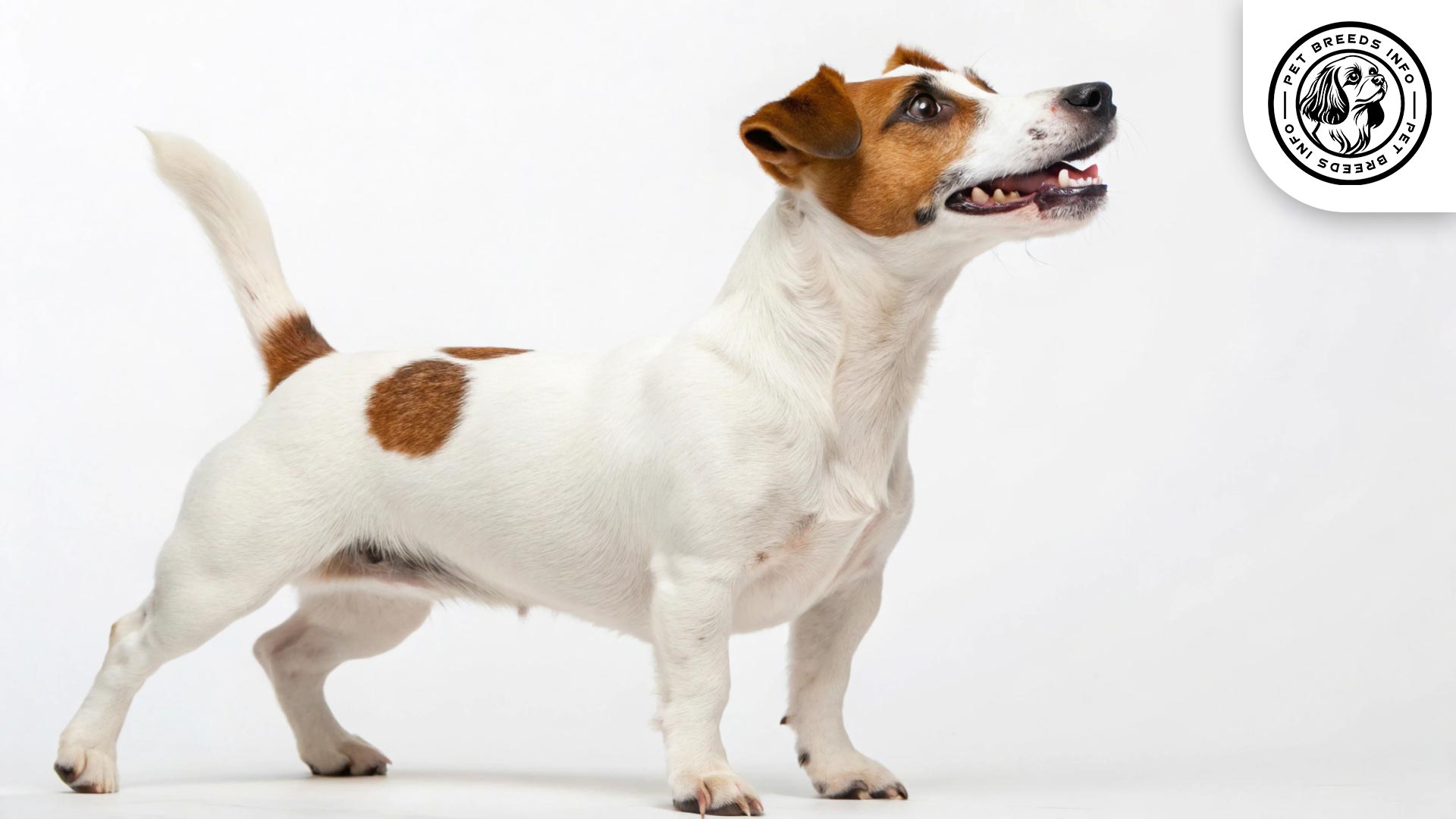Morkie Dog Breed: Size, Health, Price & Personality
General Introduction of the Breed
The Morkie is a small designer dog breed that is a cross between a Maltese and a Yorkshire Terrier. It is also sometimes referred to as the Morkshire Terrier. This breed originated in North America during the late 20th century as part of a growing trend of hybrid dogs. The goal was to combine the affectionate nature of the Maltese with the playful and energetic personality of the Yorkshire Terrier.
Table of Contents
| Weight | 4 – 12 lbs (2 – 5.5 kg) |
| Lifespan | 10 – 15 years |
| Diet | High-quality kibble, wet food, or fresh/raw diet |
| Care | Daily brushing, regular grooming, dental care, and exercise |
| Health | Prone to dental issues, patellar luxation, tracheal collapse, and hypoglycemia |
| Color | Black, brown, white, tan, or a mix |
| Nature | Affectionate, playful, intelligent, and people-oriented |
| Price | $800 – $3,000 |
Physical Characteristics
Morkies are small dogs with a compact and delicate build. Adult Morkies typically weigh between 4 to 12 pounds and stand between 6 to 10 inches tall.
Their coat is typically long, soft, and silky, requiring regular grooming. Coat colors can vary and include black, brown, white, tan, or a mix of these.
Morkies have round, dark-colored eyes that give them an expressive and inquisitive look. Their ears can either be erect like the Yorkshire Terrier’s or drop down like the Maltese’s.
Their tail is usually long and fluffy, sometimes slightly curled over the back, adding to their cute and elegant appearance.

Personality and Temperament
The Morkie is highly intelligent and eager to learn, making it relatively easy to train with consistency and patience. It is a playful and energetic breed that enjoys interactive playtime.
Morkies are highly affectionate and grow very attached to their owners. They thrive on companionship and can develop separation anxiety if left alone for long periods.
They generally get along well with older children and other pets when properly socialized. The Morkie tends to be lively and fun-loving but can also be sensitive to environmental changes and loud noises.
Read More: Puggle Dog
Care and Maintenance Requirements
Morkies have moderate exercise needs. Short daily walks and active indoor playtime are usually sufficient to keep them happy and healthy.
They are well-suited for apartment living due to their small size, but they require adequate social interaction and mental stimulation.
Their long, silky coat requires frequent brushing to prevent tangles and matting. Shedding is minimal, but regular grooming sessions, including trimming, are necessary.
Morkies can be sensitive to extreme temperatures, particularly harsh cold or heat, and should be protected accordingly.
Regular bathing, nail trimming, ear cleaning, and dental care are crucial for their overall hygiene and well-being.
Diet and Nutrition
A high-quality diet consisting of dry kibble, wet food, or a fresh/raw feeding plan is ideal for a Morkie. A diet rich in protein and essential nutrients helps maintain their health.
They have small stomachs, so meals should be portioned appropriately to avoid overeating or obesity.
Certain foods to avoid include chocolate, grapes, onions, and artificial sweeteners, as these can be toxic to dogs.
Morkies typically do well with two to three small meals per day rather than one large meal.

Health and Common Medical Issues
Like many designer breeds, Morkies can inherit some genetic health conditions from their parent breeds. Common health concerns include dental issues, patellar luxation, tracheal collapse, and hypoglycemia.
Read More: Dalmadoodle Dog
They have a lifespan of around 10 to 15 years with proper care and regular veterinary check-ups.
Routine vaccinations, flea prevention, and dental care are crucial components of a Morkie’s health plan.

Training and Behavior Management
Morkies are intelligent and able to learn quickly, but they can also be stubborn. Positive reinforcement training with treats and praise works best.
Early training and socialization help them develop good behavior and prevent excessive barking or separation anxiety.
Consistency and patience are essential in house training, as smaller breeds like Morkies may take a bit longer to learn proper potty habits.
Interaction with Other Animals and Humans
Morkies can be great companions for families, but they are best suited for homes with older children who understand how to handle small, fragile dogs.
They usually get along well with other pets when socialized from a young age, but they may display small dog syndrome if not properly trained.
They are very people-oriented and happiest when spending time with their owners, making them ideal for individuals or families looking for a devoted lap dog.
Read More: Australian Labradoodle Dog
Price and Availability
The price of a Morkie puppy varies depending on the breeder, pedigree, and location. On average, they can cost between $800 and $3,000.
Potential owners should ensure they purchase from reputable breeders who prioritize health and ethical breeding practices.
Adopting from shelters or rescue organizations is also an excellent option, as many small mixed breed dogs need loving homes.
Conclusion and Final Thoughts
The Morkie is an affectionate, playful, and loving companion suitable for owners who can provide adequate attention, care, and affection.
They thrive in homes with people who can spend a lot of time with them, making them ideal for retirees, couples, or individuals looking for a loyal companion.
Potential owners should be prepared for regular grooming, training, and healthcare maintenance to ensure their Morkie lives a happy and healthy life.
FAQ
Are Morkies good for apartment living?
Yes, their small size makes them well-suited for apartments.
Do Morkies shed a lot?
No, they have minimal shedding but require frequent grooming.
Are Morkies easy to train?
Yes, but they can be stubborn. Positive reinforcement works best.
Do Morkies get along with other pets?
Yes, if properly socialized, but they may develop small dog syndrome.
How much exercise does a Morkie need?
Short daily walks and indoor playtime are enough.





